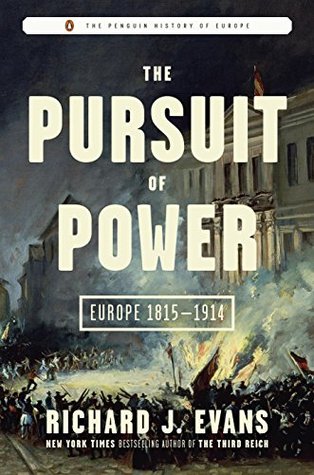In the second half of the nineteenth century, ‘manliness’ became a key term of approval in public discourse, at least among men. The growth of a public sphere and in particular the gradual emergence and extension of parliamentary systems was predicated on the assumption that only men possessed the rationality and sense of responsibility to engage in political and legislative activity. The female-dominated salons of the late eighteenth and early nineteenth century were replaced by men’s clubs,
Welcome back. Just a moment while we sign you in to your Goodreads account.


